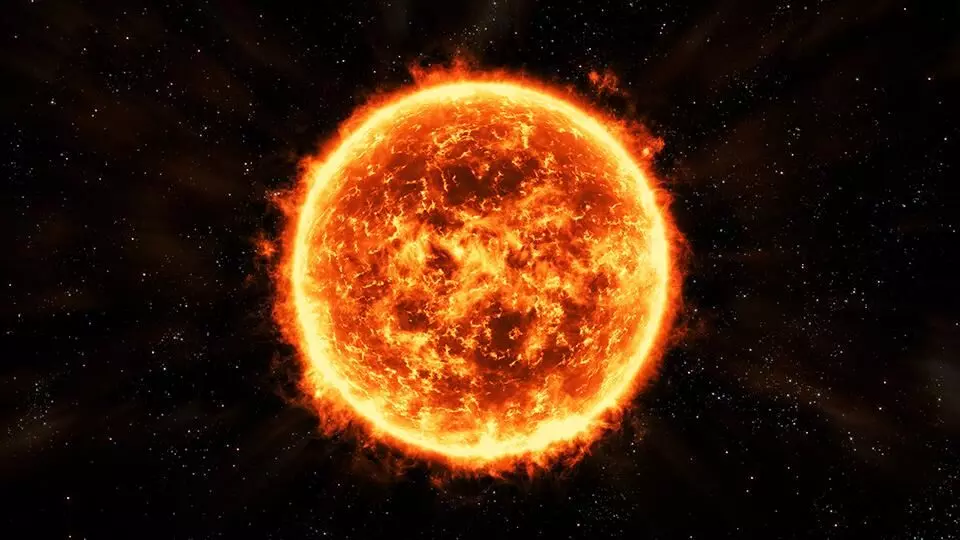
AI revolutionises solar physics studies; simulates 5 days of observation in just 12 hrs
text_fieldsA groundbreaking achievement in solar physics research has been unlocked through the power of artificial intelligence (AI), enabling scientists to simulate the Sun's magnetic field at an unprecedented speed beyond human capability.
This scientific breakthrough leverages physics-informed neural networks, an AI approach that mimics the neural functions of the human brain to analyze data.
Published in Nature Astronomy, this research emphasizes the significant impact of the Sun's magnetic activity on various space-based endeavours.
Space conditions directly influenced by solar phenomena have the potential to disrupt aviation, electricity, and other critical space technologies that we heavily rely on.
Severe space weather is often generated by cooler regions on the Sun's surface known as sunspots, which generate intense magnetic fields. The release of energy from these sunspots into the Sun's atmosphere, the corona, remains challenging to measure with current technology.
 Also Read:New AI-powered robot 'companions' may help those who are lonely
Also Read:New AI-powered robot 'companions' may help those who are lonely
Collaborating scientists from the University of Graz in Austria and the Skolkovo Institute of Science and Technology in Russia have utilized AI to merge observational data with a physical force-free magnetic field model.
By harnessing AI's capabilities, magnetic fields on the Sun can be transformed into real-time force-free field simulations.
Robert Jarolim, the lead researcher at the University of Graz, expresses the transformative potential of this advancement, stating, " “Our use of artificial intelligence in this context represents a transformative leap forward. The use of AI techniques for numerical simulations allows us to better incorporate observational data and holds great potential to further advance our simulation capabilities.”
Tatiana Podlachikova, an Associate Professor at Skoltech, added that “the computing speed holds significant promise for improving space weather forecasting and advancing our knowledge of the sun’s behaviour”.
The study offers valuable insights into the time evolution of free magnetic energy, solar eruptive events, and the depletion of free magnetic energy.
With real-time data made possible by AI, endless opportunities for advancements in this field of study present themselves.
 Also Read:Tough regulating policies: Google Play Store sees massive drop in apps
Also Read:Tough regulating policies: Google Play Store sees massive drop in apps
























